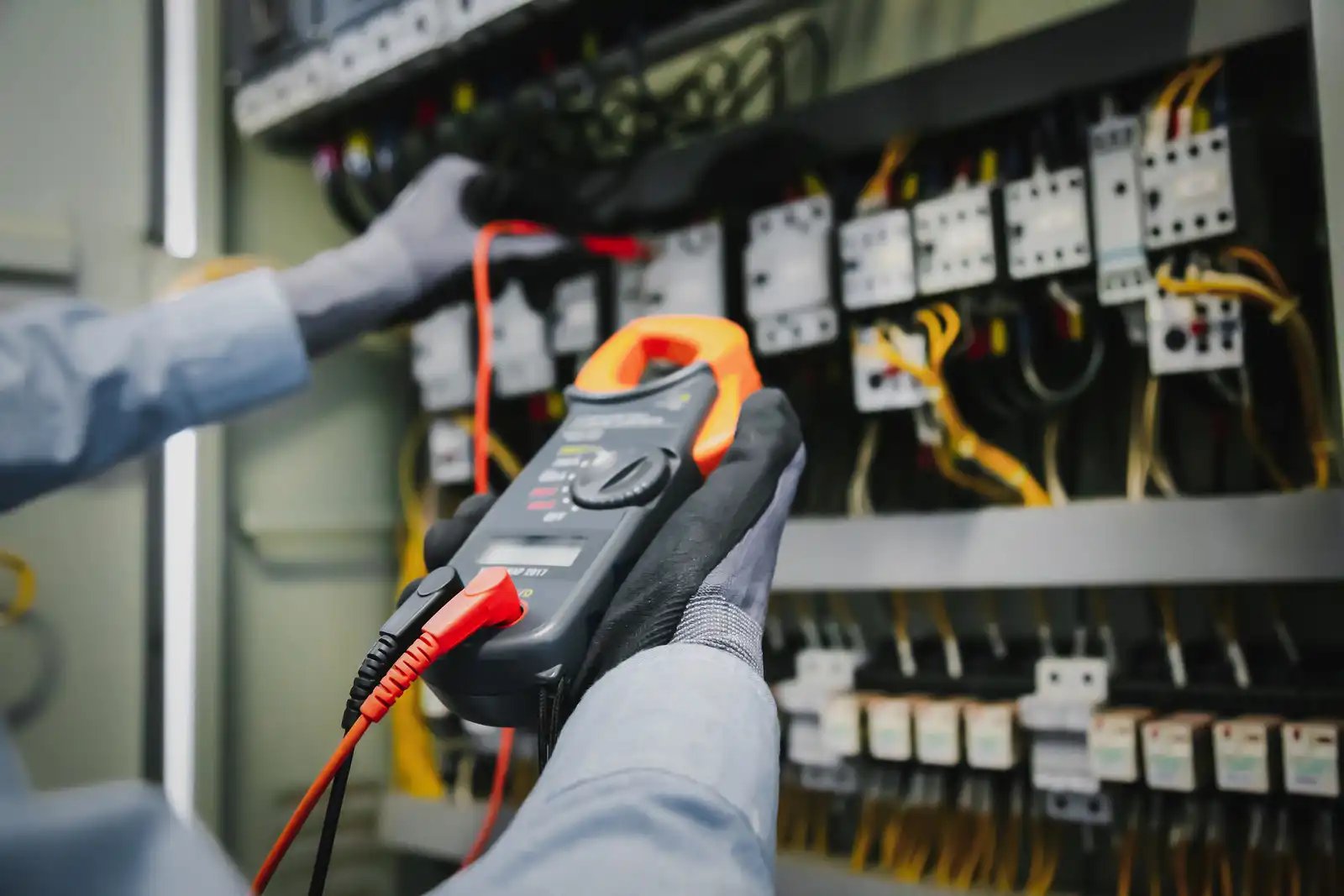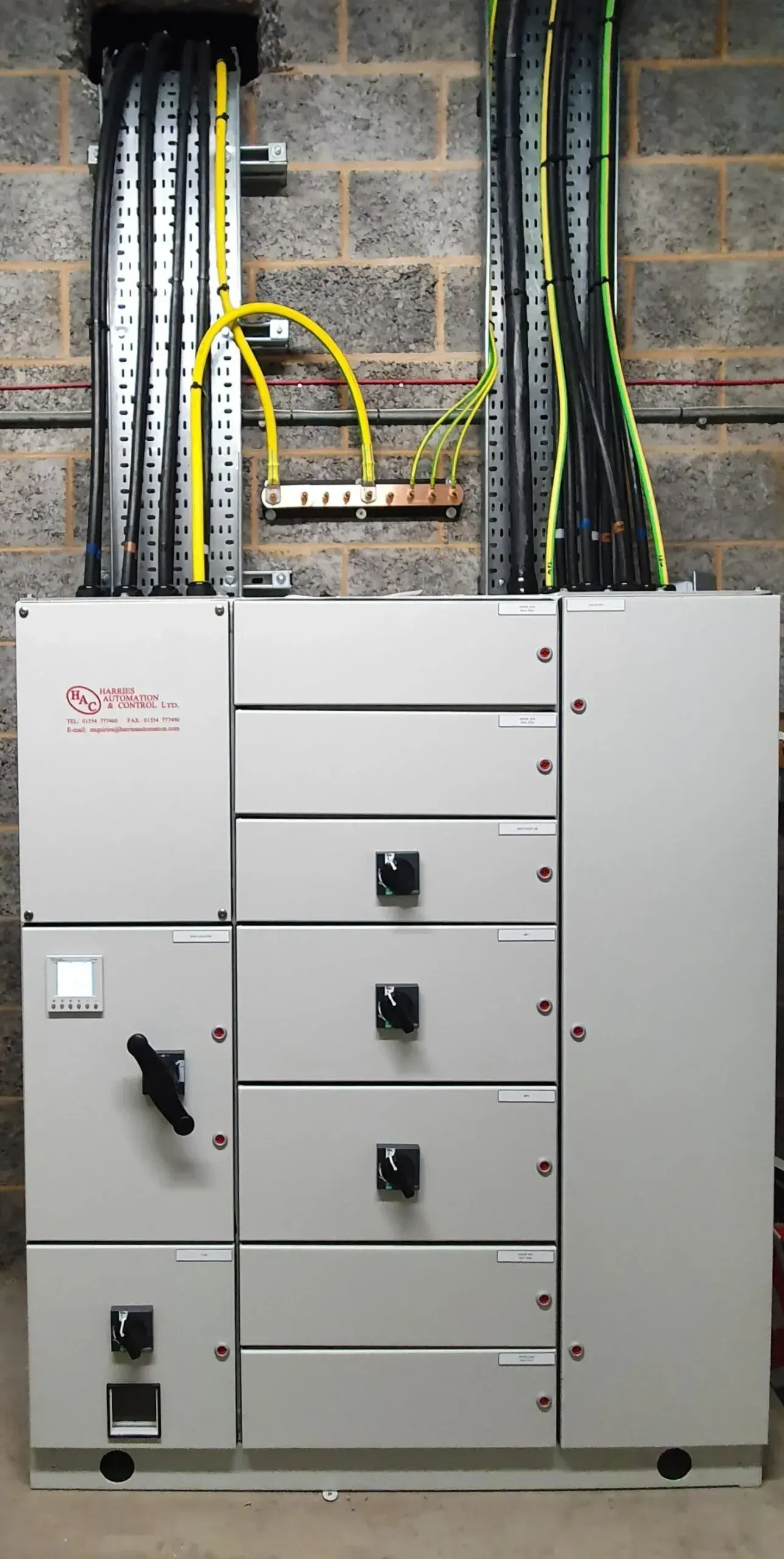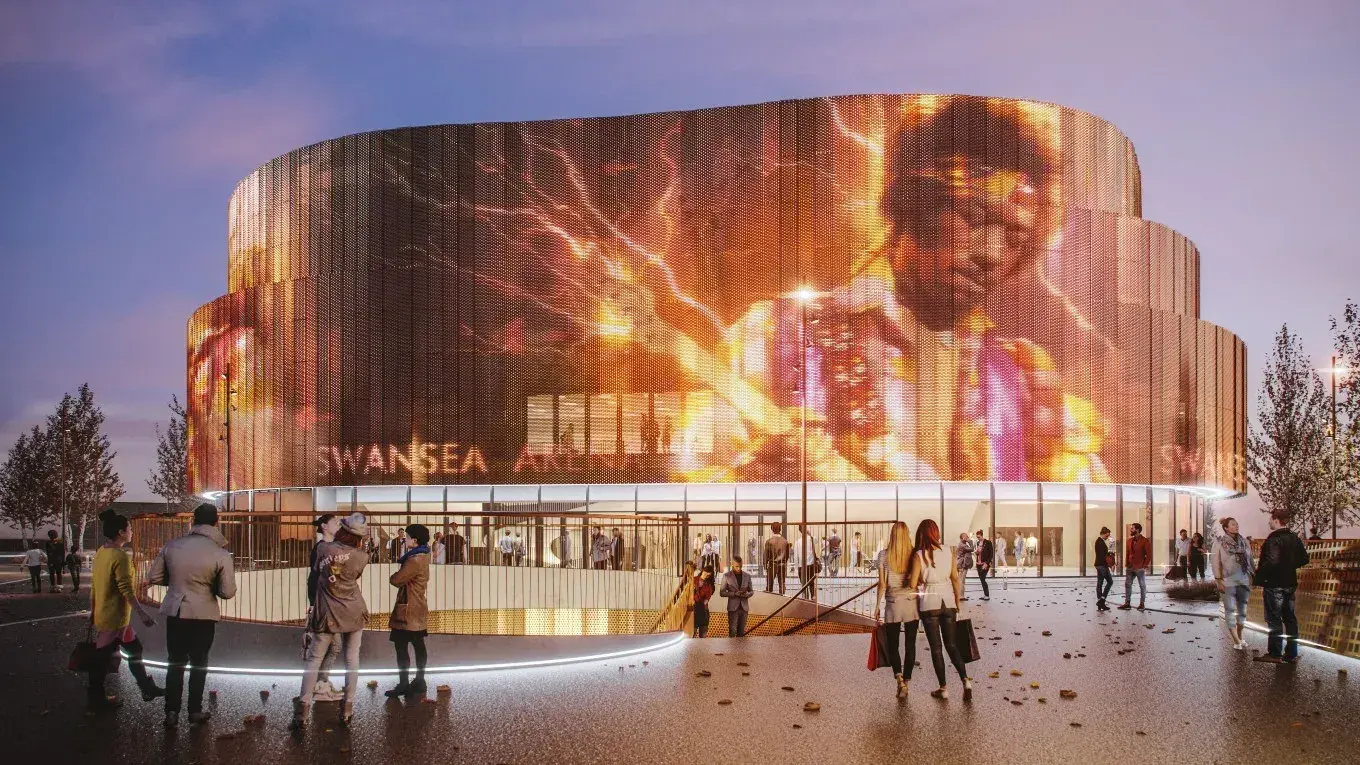Electrical Installations













Professional Electrical Installation Services To Elevate Your Business
Our highly experienced and knowledgeable team is fully equipped to handle all your electrical installation requirements, offering hassle-free design and installation that minimises disruption and delivers rapid results to meet your business’s needs.


What Projects Do We Work On?
We recognise that every electrical installation is different, so our team has extensive experience in various sectors, enabling us to tackle the most challenging projects.
We Undertake Electrical Installations In:
Commercial fit outsHealthcare
Retail
Sporting arenas and leisure centres
Schools
Public buildings
And more!
Why Choose Orion Technical Services?
- We have years of experience designing and installing commercial electrical installations for customers in various sectors.
- Every electrical installation project is planned meticulously to ensure that your business’s needs are met without compromising on quality or safety.
- We use the finest materials, components, and equipment to deliver lasting and reliable electrical solutions, reducing the risk of faults, repairs, and replacements.
- We strictly adhere to all current safety regulations to ensure the safety of your premises. For your reassurance, we are NICEIC, SSIP, and Trustmark accredited.
We Work In Partnership With You
At Orion Technical Services, our service is underpinned by our commitment to collaboration with our customers. We understand that you may be concerned that an electrical installation will be disruptive and inconvenient, so we will liaise with you at every stage of the project to ensure a hassle-free experience and high-quality outcomes.
Every project is unique, with its own requirements and challenges, so we use our extensive experience to find effective solutions when obstacles arise. Our experienced and creative technicians are equipped to manage even the most demanding situations and will always prioritise efficiency and safety to ensure that the project's aims are met.






Contact Us For More Information
At Orion Technical Services, we deliver expert electrical installations across the UK, with a scrupulous approach to every project that ensures exceptional quality and safety for our commercial customers.
If you have an electrical installation or upgrade planned and would like to chat with an expert about your options, please contact us on 02922 710772 or send us a message.
Recent Projects

Wednesbury Workshop Extension

Wednesbury – Workshop Extension

Swansea Arena
Hear From Some Of Our Satisfied Customers
I've worked with Orion on numerous projects and I can honestly say Dan and his team have always been very thorough in completing the task at hand and on time. I would definitely recommend Orion to any contractor.

Robert Franklin
West Country Steel Buildings
Having worked along side Dan and the team at Orion, I can honestly say they are one of the best Electrical contractors we have worked with, they are very approachable and has a great attitude in understanding what requires to make sure the project is completed on time. I would highly recommend Orion to any business looking for an electrical contractor

David Rafferty
Combro Construction Ltd
Having worked on a number of projects with Dan and his team, they have never let me down when installing any digital or illuminated signage for Sign Intent, they are very knowledgeable and a great team to work alongside and would recommend them to any business

Dave Clarke
Sign Intent

Check Out Orion's FREE Downloadable Resources
Need More Information About Orion And How We Can Help You? We Have FREE Resources Available For You Today!
Interested In What You See?
Reach out to our expert team to learn more about how we can help you!
.webp?width=550&height=460&name=Orion%20TS%20Contact%20Us%20Graphic%20(1).webp)
Fill In Your Details
From Our Blog
Stay up to date with what is new in our industry!

Wednesbury Workshop Extension

Wednesbury – Workshop Extension

